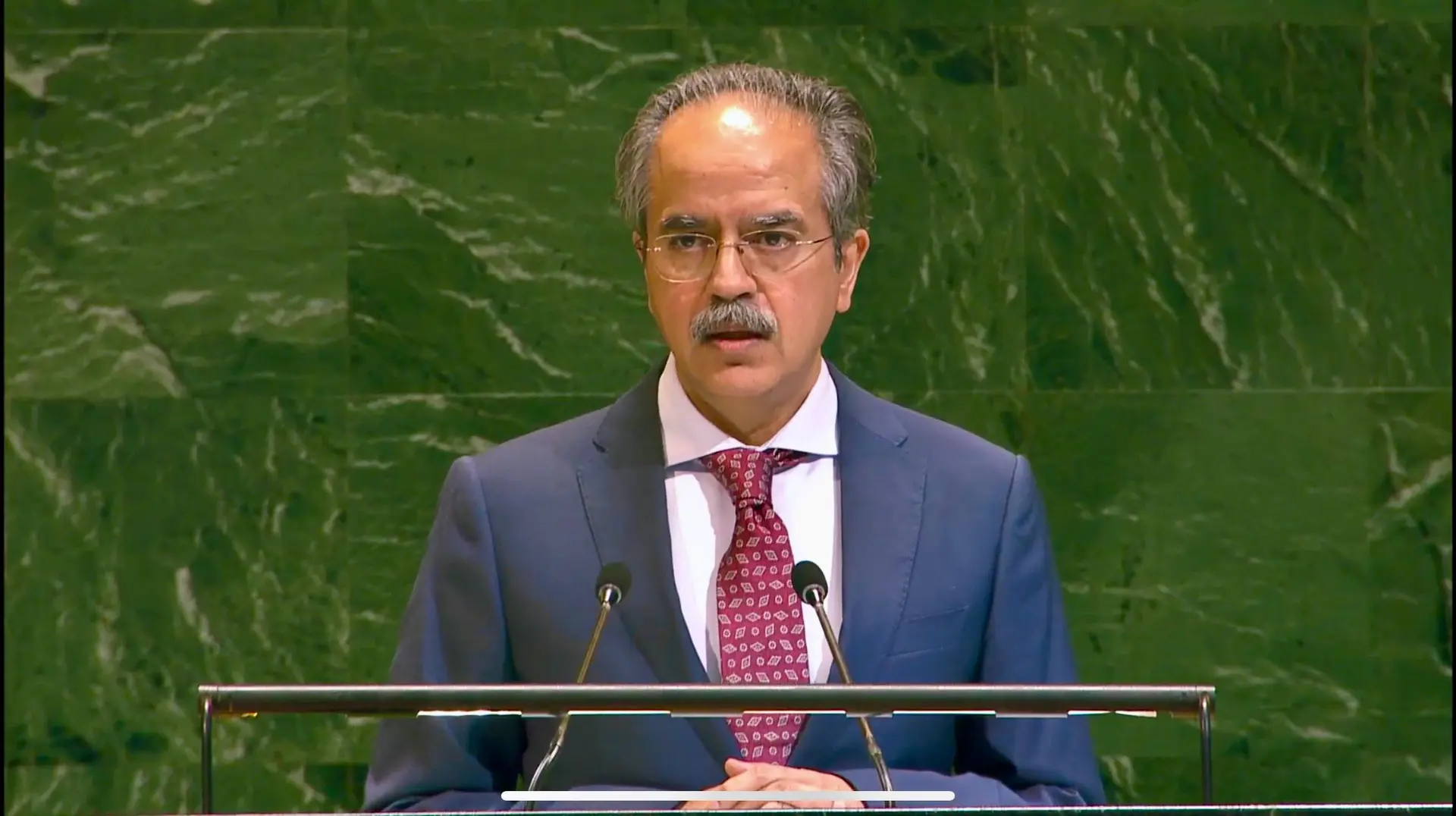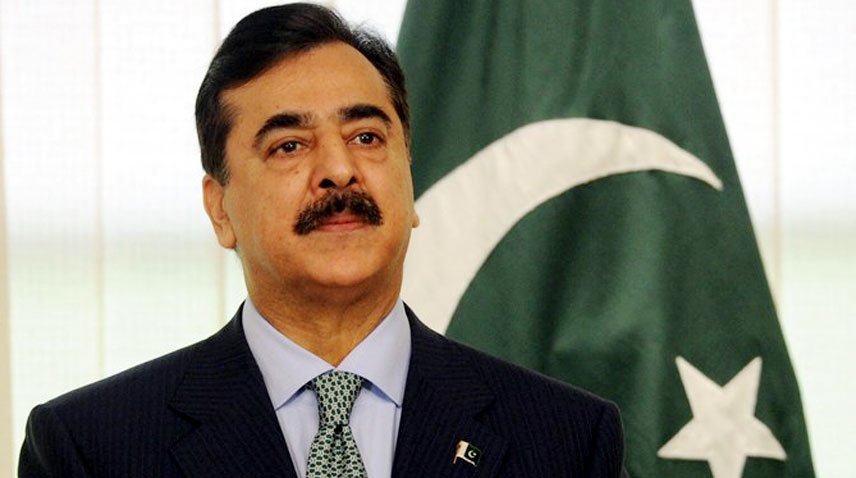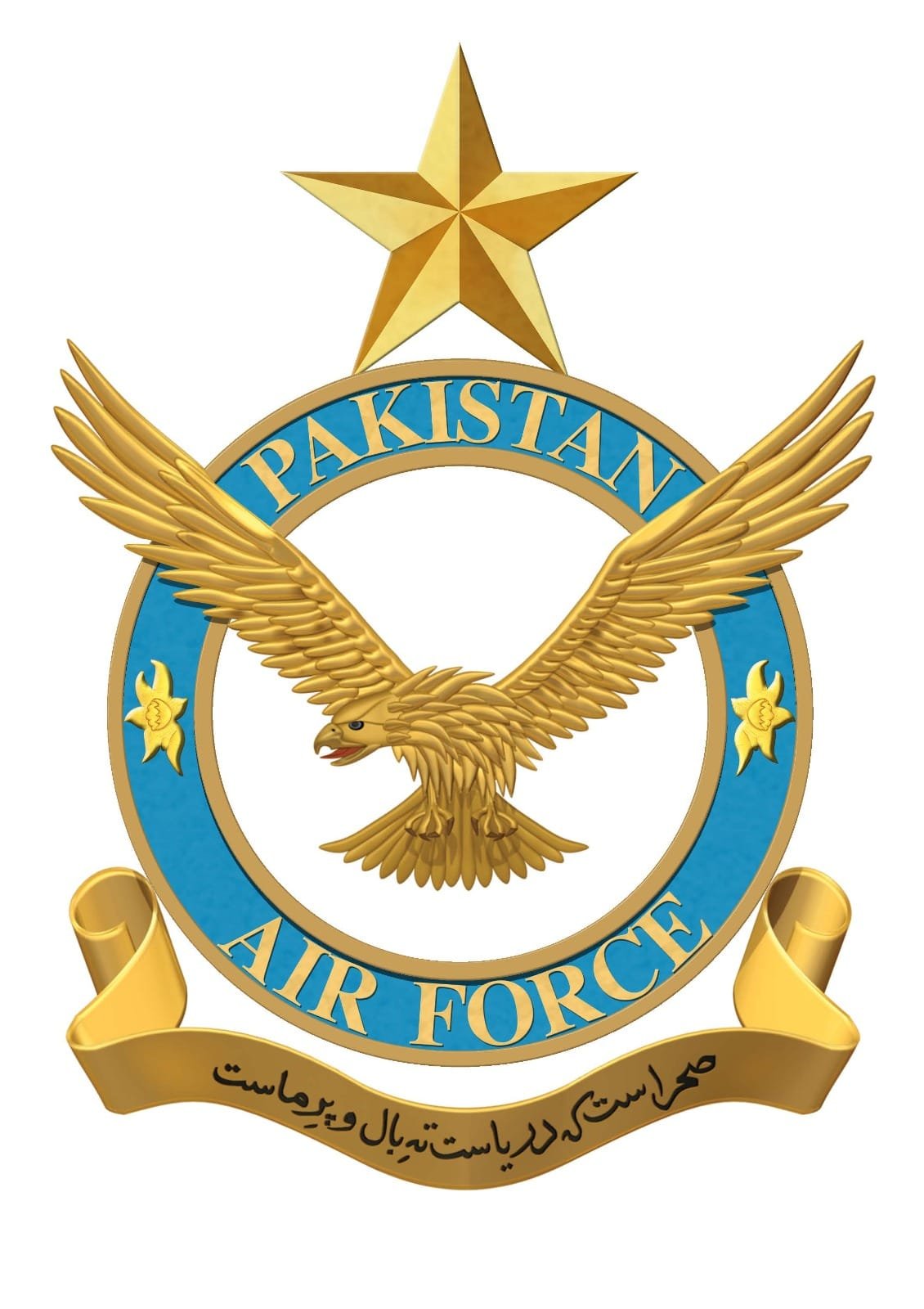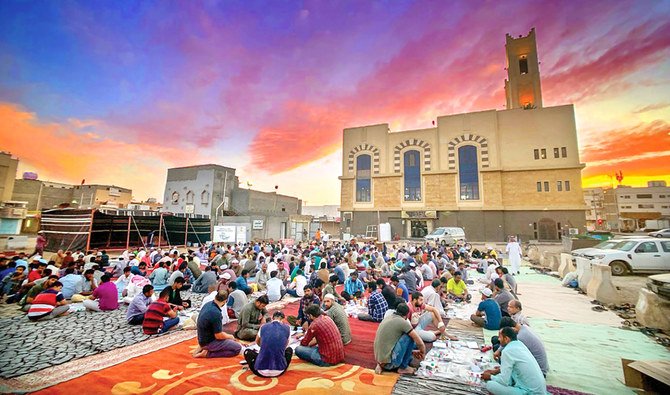Kashmir Solidarity Day is a commemoration that highlights Pakistan’s solidarity and support for the people of Indian-occupied Kashmir. It aims to demonstrate unity and express respect to the Kashmiri martyrs who sacrificed their lives in the quest of Kashmir’s freedom. Every year, Pakistan observe Kashmir Solidarity Day to demonstrate our resolute political, moral, and diplomatic backing for the struggle of our Kashmiri citizens in their pursuit of self-determination, as preserved in the UN Charter and relevant UN resolutions. In Pakistan the day is represented by public processions, mosque prayers dedicated to the liberation of Kashmir, and demonstrations protesting the Indian suppression of the Kashmir region.
Kashmir Conflict: A Persistent Flashpoint in South Asia’s History – Impact, Instability, and Nuclear Realities
Throughout the historical timeline of Jammu and Kashmir, the subject has consistently been a source of disagreement between Pakistan and India since the independence of both nations. The Kashmir conflict has been the primary catalyst for numerous conflicts and instability among the people of South Asia. Both countries are nuclear-armed and possess highly sophisticated and state-of-the-art military equipment.
Kashmir was included into the Mughal Empire during the 16th century, under the governance of Emperor Akbar. The Mughals made substantial contributions to the cultural and economic progress of the region, resulting in the establishment of renowned gardens and handicrafts in Kashmir.
During the early 19th century, the region fell under the governance of the Sikh Empire following the triumph over the Afghans. The Sikh dominion over Kashmir came to an end in 1846 when the British East India Company incorporated it through the Treaty of Amritsar. The Dogra monarch Gulab Singh assumed the title of Maharaja of Jammu and Kashmir after the signing of the Treaty of Amritsar.
Upon India’s attainment of independence from British colonial authority in 1947, the princely states were presented with the option to align themselves with either India or Pakistan. Maharaja Hari Singh, the governing monarch of Jammu and Kashmir, made the decision to formally join India. Because of this decision, a sequence of disputes resulted, ending in the First Indo-Pak War in 1947-48.
Territory conflict between Pakistan & India:
The prolonged dispute over Kashmir between India and Pakistan has continued for several decades. The Line of Control (LoC) was designated as a demarcation line during the initial conflict in 1947-48, effectively partitioning the region into separate territories under the governance of India and Pakistan. The status quo was further reinforced by subsequent wars and conflicts, such as the Indo-Pak Wars of 1965 and 1971.
In the 1980s, a militant indigenous rebellion erupted in Kashmir with the aim of forcefully opposing the presence of oppressive forces. The Indians clearly experienced the success and significance of the event, attributing all the turmoil to Pakistan. Pakistan vehemently opposed it and highlighted the need for a peaceful resolution of the dispute. From 2000 to 2007, General Pervaiz Musharaf proposed a four-point plan that included self-governance, demilitarization, open borders allowing free movement of people and trade between India and Pakistan, and shared administration of Kashmir. The governments of Musharaf and Atal Behari Vajpai came close to reaching a resolution during the Agra visit, but the agreement collapsed just before the signing ceremony.
Due to the absence of extensive political backing from Pakistan’s political parties, the Kashmir problem was never fully embraced by future civilian governments, resulting in its failure. Pakistan would have had a significantly greater advantage if our leadership had stayed resolute in pursuing the objective after the death of Quaid-e-Azam.
The Founder of Pakistan, the great Quaid-e-Azam established a strong stance toward Kashmir, but unfortunately, his successors became involved in their own political agendas. Pakistan’s stance has consistently lacked clarity during our battle, mostly due to a lack of diplomatic assertiveness, an inconsistent political objective on Kashmir, and corrupted leadership.
In the poetic collection of Allama Iqbal often explored themes related to spirituality, self-realization, and the destiny of the Muslim world and specially Kashmir.
آج وہ کشمير ہے محکوم و مجبور و فقير
کل جسے اہل نظر کہتے تھے ايران صغير
Today that land of Kashmir, under the heels of the enemy, has become weak, helpless, and poor
Once known among the wise as Little Iran.
Kashmir is frequently characterized as a “paradise on Earth” because to its awe-inspiring natural beauty. The region is distinguished by breath-taking landscapes, encompassing mountains adorned with snow, verdant valleys, and tranquil lakes. Kashmir’s status as a destination of outstanding beauty is attributed to its stunning scenery and rich cultural heritage.
سينہء افلاک سے اٹھتي ہے آہ سوز ناک
مرد حق ہوتا ہے جب مرعوب سلطان و امير
A cry of burning lament issues forth from the heavens,
when the man of truth is overawed by the power and pomp of king and landlord.
The estimated casualties in the Kashmir conflict between India and Pakistan is the major cause of dispute. Throughout the years, the region has faced countless episodes of violence, armed conflicts, loss of precious lives and the violation of human rights among the Kashmiri population. There have been numerous casualties among both civilians and military personnel.
Official data mark that since 1990, approximately 66,000 individuals have lost their precious lives in Kashmir. However unofficial figures suggest a far higher number of casualties. Kashmir has converted into one of the most heavily militarized areas worldwide. According to official figures, the number of troops posted in the region ranges from 180,000 to 350,000.
The international organization include the United Nations (UN), United Nations Security Council (UNSC) and The Organization of Islamic Cooperation (OIC) has consistently voiced regarding Kashmir dispute. The OIC has urged for a non-violent settlement of Kashmir dispute via diplomatic dialogues between India & Pakistan. Pakistan among other Islamic nations notably Pakistan have brought up this serious matter of Kashmir in global arenas. The United Nations Security Council (UNSC) has presented several resolutions regarding the Kashmir clash. The resolutions often encourage and enable them to ascertain their destiny according to their interests.
The United Nations has issued reports on human rights, specifically addressing the topic of human rights violations in Kashmir. These studies have advocated for independent inquiries into charges of misconduct and have persuaded both Pakistan & India to initiate dialogue and constructive discussion for a nonviolent settlement in the south Asian region.
It is important to acknowledged that perspectives on the Kashmir dispute might differ and geopolitical scenario may undergo modifications. Global positions may change, the advancement may arise, but the solution of this dispute is only settled with dialogue.
The Importance and Historical Consequences of Kashmir Solidarity Day on 5th February in Pakistan:
In Pakistan, February 5th is labelled as “Kashmir Solidarity Day.” This date serves as an occasion for demonstrating support for the people of Kashmir, nationwide gatherings, marches, seminars, highlights the importance of this day, which advocates for the peaceful settlement to the enduring dispute between this triangle. The main purpose is to promote the recognition of the Kashmir issue and to support the fundamental rights of Kashmiri people.
On this date in 1990, the Kashmiri revolt against Indian governance escalated resulting in intensified tensions in the region. Pakistan bounced by designating February 5th as a day to determine solidarity with the Kashmiri cause and to emphasize the awareness about the violations on human rights in the contested region.
The Future of Kashmir and the Role of International Organizations in Navigating Complex Geopolitical Realities:
The future of Kashmir is a complicated and delicate matter, and any suggestions for the welfare and the interests of the Kashmiri people must consider the historical, political, and social circumstances of the region.
Positive dialogue and table talks can urge and promote both nations, Pakistan & India to tackle this matter according to the interests and needs of the Kashmiri people and strive towards a peaceful settlement of the Kashmir dispute. The international mediation may be considered to assist conversations between the two countries. To ensure the preservation and safeguarding of human rights in the area by investigating claims of human rights abuses and guaranteeing the supremacy of legal principles. Allocate resources towards economic development activities in Kashmir to enhance the socio-economic landscape, fostering avenues for employment and entrepreneurial endeavours. Direct attention towards the improvement of infrastructure, education, and healthcare to elevate the overall standard of living. Promote and facilitate cross-border encounters, cultural engagements, and commerce efforts across the Line of Control (LoC) to foster trust and enhance mutual comprehension. Examine cooperative initiatives between India and Pakistan to advance the interests of the entire region.
Global assistance to facilitate the pursuit of a nonviolent resolution to the Kashmir conflict. Promote the active participation of foreign organizations in development projects and initiatives aimed at benefiting the population of Kashmir.
شاہراہ تو ہے شاہراہ تو ہے تقدیر کا ستارہ تو ہے
چمن تو ہے چمن تو ہے میرے گرد ستارہ تو ہے
کیا خاک ہے غمزاد کا تو مشک ہے گلزار خودی کا
خودی کی تنہا رہ ہے آسمان وطن تو ہے
گر تو کہے کہ ہے تو ہے ہے یہ ہی سہی
ہمیں بھی ہیں اندھیرے تو چراغ تو ہے ہے یہ ہی سہی
This verse expresses Allama Iqbal’s emotions over the future and predetermined outcome of Kashmir, portraying it as a region with a significant and predetermined destiny. The poet conveys the notion that despite the obscurity and difficulties, there exists an illuminating beacon and the possibility of affluence in Kashmir.
آہ! يہ قوم نجيب و چرب دست و تر دماغ
ہے کہاں روز مکافات اے خدائے دير گير؟
So skilful of hands, so rich in mind, these people, alas, or pure breed,
O God, your justice, so long delayed, must come at last as a retribution.

Ms. Nishat Ansar is Lecturer of Arts & Media , Foundation University of Science and Technology, Islamabad.













